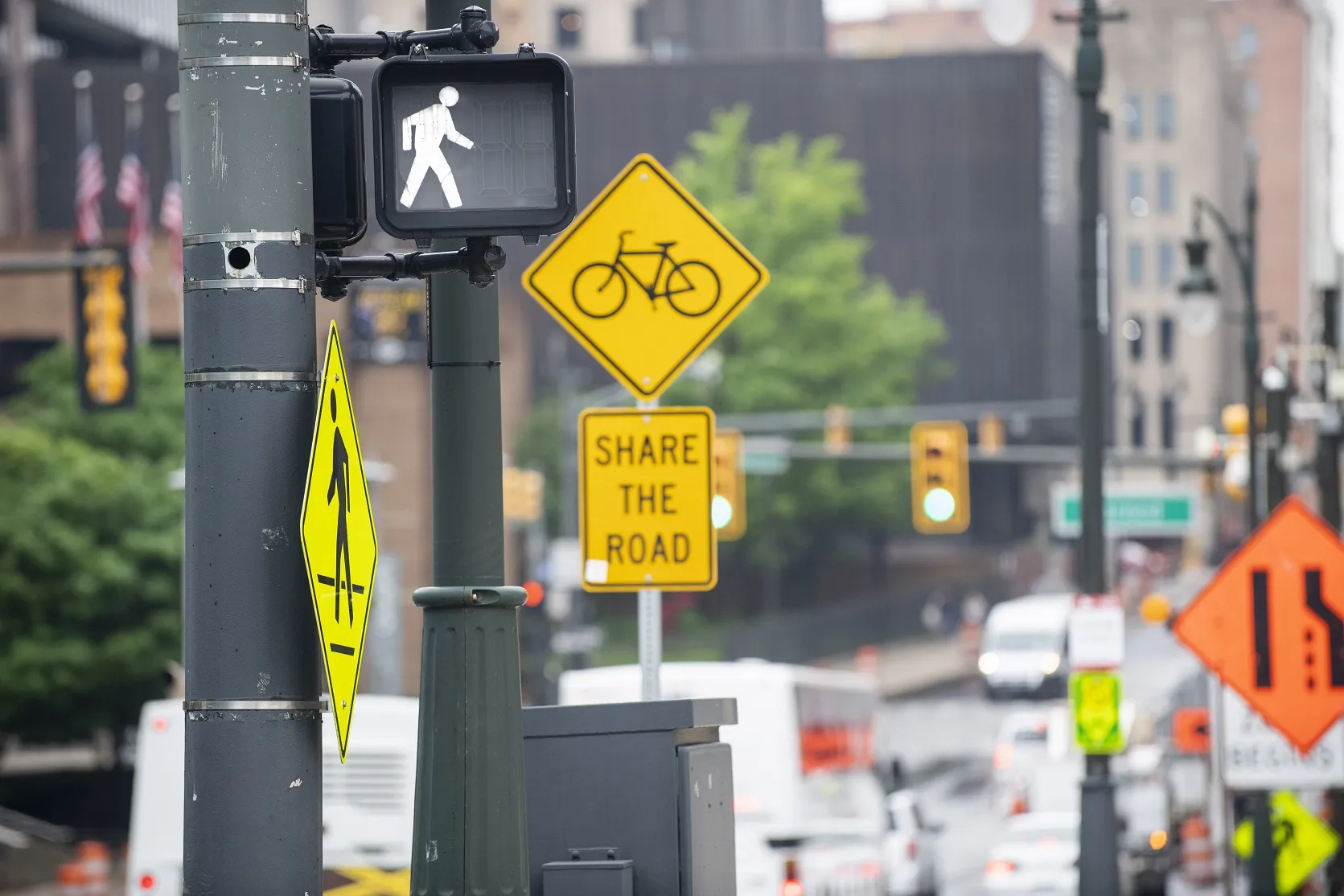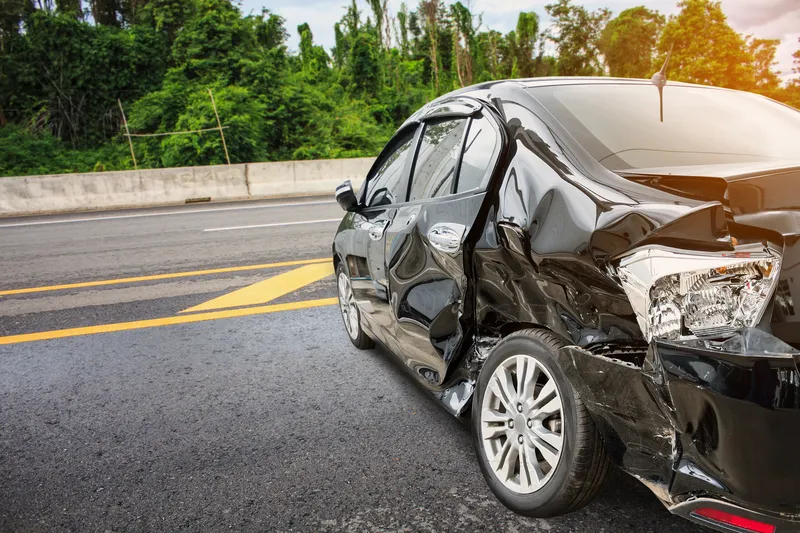Commenting on the news, Jason Wakeford, spokesman for national road safety charity
"Today's statistics show that, while progress is being made toward some of the 2020 Scottish Road Safety Framework targets, there is far more work to be done,” he said. "We must strive for a vision of zero deaths and serious injuries on our roads. We urge the
Brake is also calling on the
Increase in Scotland’s road deaths ‘deeply troubling’, says Brake
Transport Scotland has released provisional headline figures for road casualties reported to the police in Scotland in 2016, showing 191 people were killed in reported accidents in 2016 - 23 more than in 2015.
June 15, 2017
Read time: 2 mins









